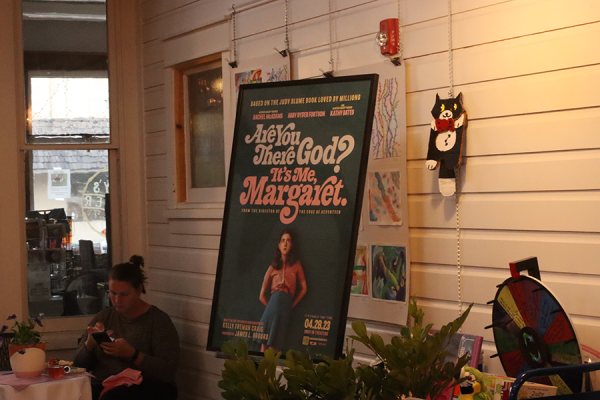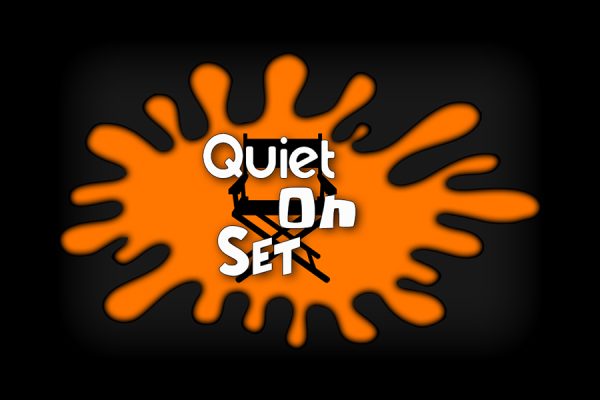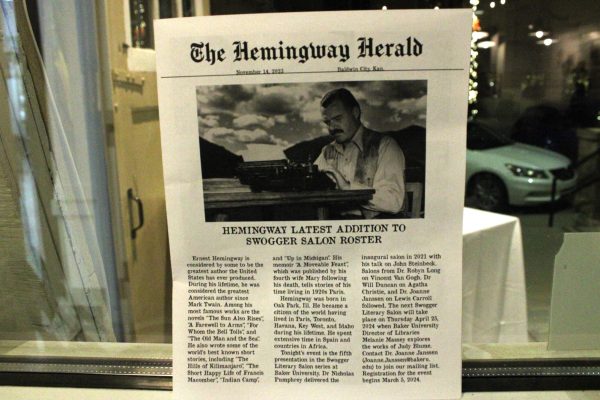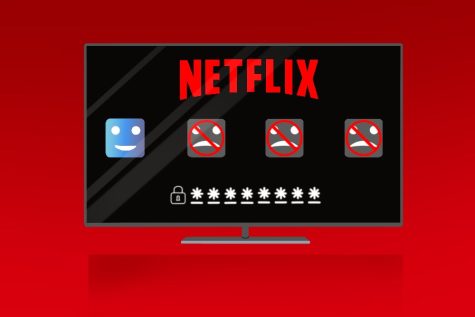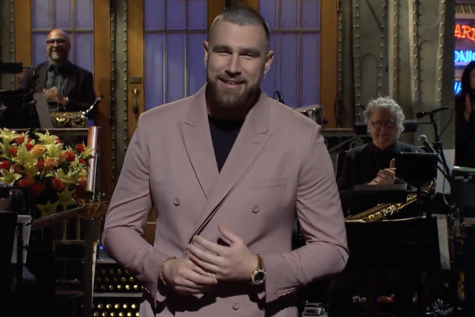Backlash on Oscars speech hurts social growth
You ever hear the complaint “can’t win for trying?” That’s how I felt after reading online responses to an event at this year’s Oscars.
Patricia Arquette won an Oscar for her role in ‘Boyhood.” While giving her acceptance speech, she took the opportunity to talk about equal pay for women.
“To every woman who gave birth, to every taxpayer and citizen of this nation, we have fought for everybody else’s equal rights. It’s our time to have wage equality once and for all and equal rights for women in the United States of America.”
I thought, “Wow. This is great. Look! A social issue being brought up during a very public-viewing opportunity in defense of women in their fight for equality to men!” I felt proud that someone was trying to do something with their “fame-privilege” about women’s social rights issues.
Then I read this article by Maisha Z. Johnson and then I read this article byBlue Telusma and I was disheartened.
They stated “Patricia Arquette is a professional actress and a straight, white, cisgender woman –none of which make her an expert on what queer folks and people of color should be focusing on,” and further, “My first reaction was, “Did this fool just use her Oscar win to tell gays and black people they now owe white women assistance? That line of thinking is what I like to call gristle logic, a declaration so smug and historically inaccurate that no matter how much I chew on it, I just can’t swallow it.”
And these articles are just two of many that were blown up by opposing arguments. In Arquette’s post-Oscar comments she continued to try and defend the idea of equal pay for women.
She said, “So the truth is even though we sort of feel like we have equal rights in America, right under the surface there are huge issues at play that really do affect women. It’s time for all the women in America, and all the men that love women and all the gay people and all the people of color that we’ve all fought for — to fight for us now!”
After reading the response articles, I thought, “I guess social injustice must be properly tiptoed around when being fought for.” I felt, now you’ve shut me up. And I’m feeling very ‘If I can’t say anything nice then I shouldn’t say anything at all.’” They made me feel silenced even though I’m on their side.
Because I – a straight, white, cisgender female – do care about this issue. No, I’m not an expert or a sociology major. I care about this for all women, but these two authors made me want to just throw in the towel and say ‘to hell with it.’ Because I guess if someone wants to try and defend anyone else, in any way, they better be completely properly informed to extensive lengths of the argument.
I think to that logic that if no one ever brought up ideas that they weren’t professional experts on, then there would be a lot of silence rather than talking going on. And that wouldn’t get us anywhere but in the dark.
Seriously, Arquette did bring up an issue. She chose to try and take a stand. If you want to tit-for-tat about intent and impact then you can run yourself in circles all you want to. She still displayed bravery, impact for the ears who heard her, and an intent to raise all women up. Sorry, it wasn’t about race or sex or gender or marriage or class, etc.
I think the fact that she spoke out when she could is really what matters most here. Not everyone who has a shining public moment to speak up usually does.
So to those bloggers criticizing Arquette for asking for help from every marginalized group, I say, “Whatever … Stahp.”
You’re not going to make much difference by arguing with the people who are trying to help you. Marginalized groups can stand face-to-face with each other and fight about the specifics about which marginalized category matters most, but I think instead of facing each other, we should really all face forward in the same direction. While the good guys are busy arguing over turf, the bad guys are getting away with continuing to do what they do – i.e. limit equal pay and continue to oppress the marginalized groups.
As all this rattled in my brain, and I considered how I felt about still wanting to try and speak up instead of being silenced, I couldn’t help but say the quote in my head, “In the end, we will not remember the words of our enemies, but the silence of our friends.”


